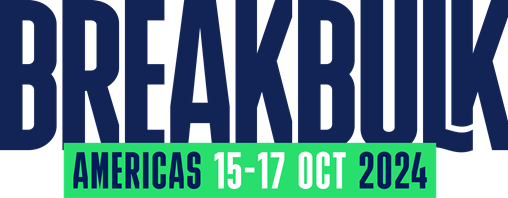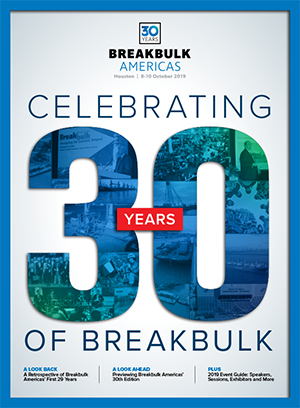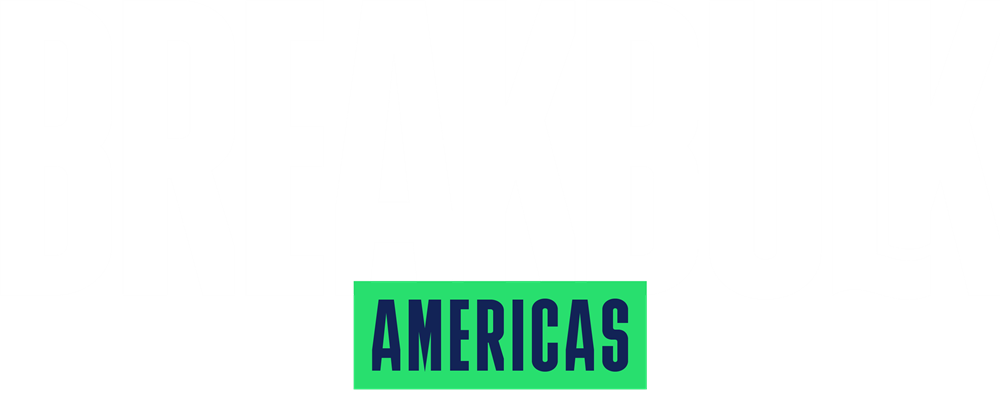In July, Breakbulk hosted an Americas reunion to bring together shippers and exhibitors in advance of this year’s 30th anniversary edition of Breakbulk Americas in Houston. Among the guests was Marco Poisler, COO – Global Energy & Capital Projects, from UTC Overseas who will moderate the U.S. EXIM Bank session at the event.
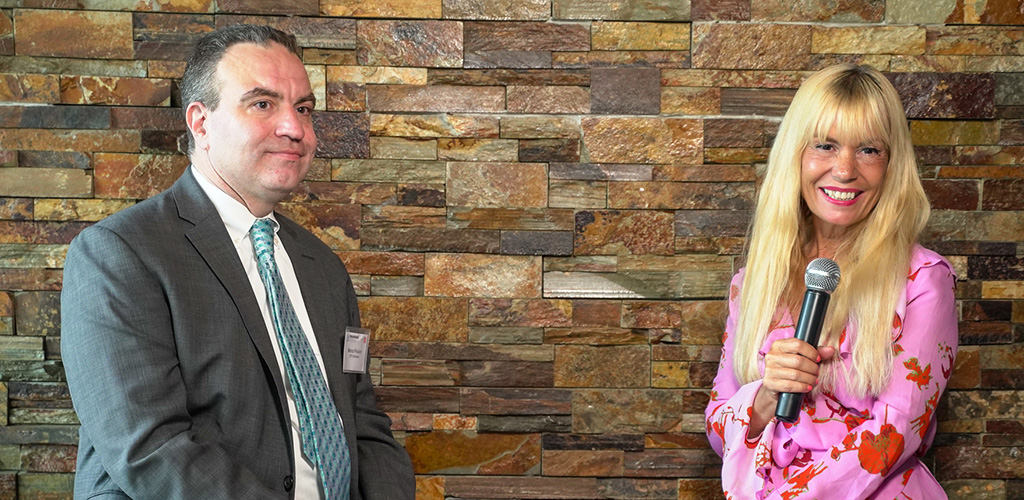
Attendees will be able to hear about the terms of the bank’s reauthorization, which should occur just 10 or so days before this session. If all goes as planned, the project cargo industry in America could see up to $46 billion worth of projects come into the pipeline as a result of EXIM financing.
Here is the interview with Marco Poisler and Breakbulk’s Leslie Meredith:
We are going to give our audience a preview of the U.S. EXIM Bank restart session that you will be discussing this fall at Breakbulk Americas, Oct. 8-10 in Houston. Will you give us a brief overview of EXIM and explain why this such an important issue for project cargo industry?
U.S. EXIM Bank is an export credit agency that supports projects finance and U.S. exporters all over the world. It got into political trouble four years ago when a number of congressmen moved against it, calling it corporate welfare.
From 2015 to just last May, EXIM was limited to funding projects under $10 million because it was blocked from establishing the board members needed for a quorum, a requirement for larger projects.
The reality is that EXIM helps finance projects, boosting jobs and exports for the Unites States. If you think about the reality of our simple world of credit cards, imagine what we would not have without finance and mortgages. So, without project financing from the U.S. EXIM Bank, we have a lot less goods to ship. 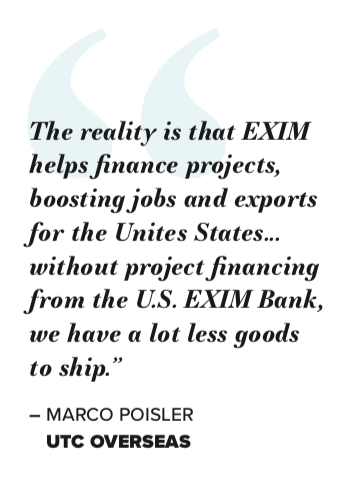
I think back to 1997 when I attended a black-tie event in New York City for Malcom McLean who founded containerization where Henry Kissinger was actually the guest speaker. McLean said, “No man has done more for shipping than Henry Kissinger because without peace we can’t trade and without trade we can’t ship.”
The public should know the U.S. EXIM Bank has rigorous standards for financing, including environmental and labor regulations. Basically, they’re only going to finance a project in a foreign country as if that project were built in the United States.
As UTC we took a step forward to support the U.S. EXIM Bank. While we are not out lobbying many issues, this was one issue for our industry that we took on to support our clients, our colleagues and our vendors. Today we all have the possibility of $46 billion dollars of capital projects that can move forward on because we have finally a board.
Besides ourselves, there were many colleagues across a number of our industries, who need to be recognized for their efforts, specifically Bill Schubert. Schubert as an individual who has done amazing things behind the scene—things that were not always apparent to many people.
In addition to efforts on your side, what else contributed to the political reversal around EXIM?
China’s massive project financing, particularly in Africa, played a key role. The Chinese are strategic—they are very cutting edge in supporting their industries through the Export-Import Bank of China. In 2018, China authorized $130 billion in export financing to just $3.3 billion by the U.S, the U.S. EXIM Bank recently reported. We are behind, but we’re catching up now that the bank is finally back on board.
What’s Next
The U.S. Exim Bank is once again facing a deadline: its charter expires on Sept. 30, 2019, and must be reauthorized by Congress to continue project funding at its current scale.
Several bills have been proposed that would reauthorize EXIM and modify its charter. The one with the most support at this time is S. 2293: Export-Import Bank
Reauthorization Act of 2019 introduced in July by Sens. Kevin Cramer [R-ND] and Kyrsten Sinema [D-AZ]. The bill would reauthorize EXIM for 10 years (twice the current period), raise the bank’s financial exposure cap to $175 billion over seven years and allow for the creation of a temporary board to lead the agency if it cannot get enough board members confirmed for the quorum necessary to approve large transactions.
The bill must be passed by both the House and Senate in identical form and then be signed by the President to become law. Track this bill at https://www.govtrack.us.
First Big EXIM Finance Project Takes Shape
The board of directors of the U.S. EXIM Bank voted in August to notify the U.S. Congress of its consideration of a $5 billion direct loan to support the export of U.S. goods and services for the development and construction of an onshore LNG project in Mozambique.
EXIM’s financing could support an estimated 16,400 American jobs over the five-year construction period, including jobs at suppliers in Texas, Pennsylvania, Georgia, New York, Tennessee, Florida and the District of Columbia, EXIM said in a statement. Through follow-on sales, thousands of additional jobs may be generated across the country. Through fees and interest earned, the transaction also could create more than US$600 million in revenue for U.S. taxpayers.
The Mozambique LNG project would begin to develop the Rovuma Basin, one of the world’s largest untapped reserves of natural gas.
“America’s energy companies offer the best goods and services in the world,” said U.S. Trade Representative Robert Lighthizer, an ex officio member of the EXIM board. “I am pleased that, with this vote by the EXIM board of directors, ‘Made in the USA’ products are poised to play an important role in the development of this important energy resource.”
RELATED SESSION AT BREAKBULK AMERICAS
Back on Track: The Future of the EXIM Bank and Its Role in Financing Global Capital Projects
Wednesday, October 9
12:30 - 1:15
Breakbulk Main Stage
Session Moderator:
Marco Poisler, COO – Global Energy & Capital Projects, UTC Overseas
Panelists:
Captain Bill Schubert, President, International Trade & Transportation, Inc.
Rami Tourma, President, CECA Supply
John Masterson, Senior Director Treasury Operations, McDermott International, Inc.
Stephen M. Renna, Chief Banking Officer, U.S. EXIM Bank
